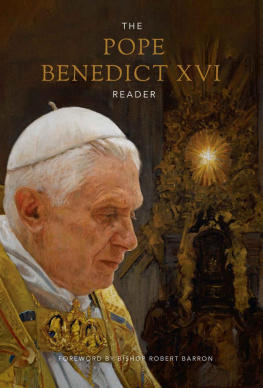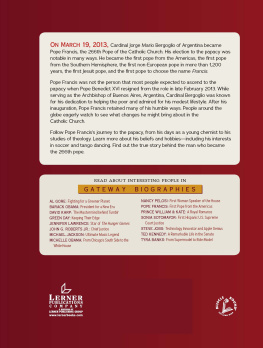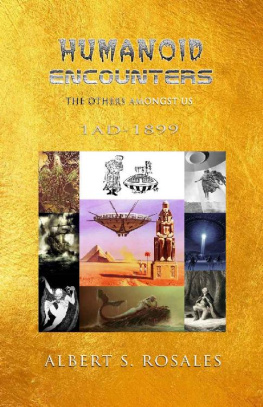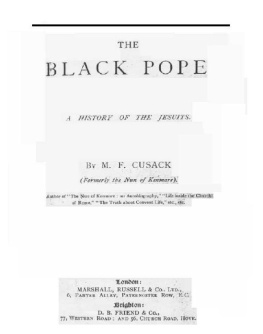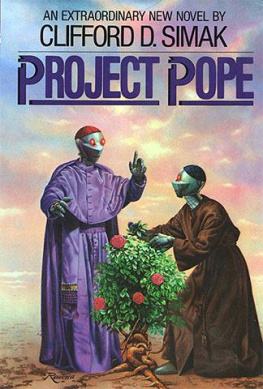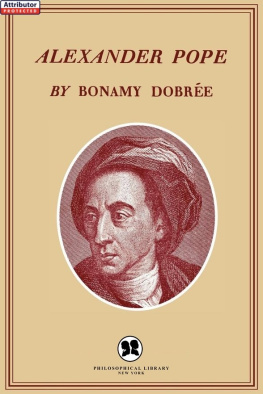War and Society in Britain 18991948
Rex Pope
First published 1991 by Pearson Education Limited
Published 2013 by Routledge
2 Park Square, Milton Park, Abingdon, Oxon OX14 4RN
711 Third Avenue, New York, NY 10017, USA
Routledge is an imprint of the Taylor & Francis Group, an informa business
Copyright 1991, Taylor & Francis.
All rights reserved. No part of this book may be reprinted or reproduced or utilised in any form or by any electronic, mechanical, or other means, now known or hereafter invented, including photocopying and recording, or in any information storage or retrieval system, without permission in writing from the publishers.
Notices
Knowledge and best practice in this field are constantly changing. As new research and experience broaden our understanding, changes in research methods, professional practices, or medical treatment may become necessary.
Practitioners and researchers must always rely on their own experience and knowledge in evaluating and using any information, methods, compounds, or experiments described herein. In using such information or methods they should be mindful of their own safety and the safety of others, including parties for whom they have a professional responsibility.
To the fullest extent of the law, neither the Publisher nor the authors, contributors, or editors, assume any liability for any injury and/or damage to persons or property as a matter of products liability, negligence or otherwise, or from any use or operation of any methods, products, instructions, or ideas contained in the material herein.
ISBN 13: 978-0-582-03531-7 (pbk)
British Library Cataloguing in Publication Data
Pope, Rex
War and society in Britain 18991948.
1. Great Britain. Social conditions, history, 18371952
I. Title
941.082
Library of Congress Cataloging-in-Publication Data
Pope, Rex.
War and society in Britain, 18991948 / Rex Pope.
p. cm. (Seminar studies in history)
Includes bibliographical references and index.
ISBN 0-582-03531-7
1. Great Britain History 20th century.
2. Great Britain Social conditions 20th century.
3. World War, 19141918 Great Britain Influence.
4. World War, 19391945 Great Britain Influence.
I. Title. II. Series.
DA566.2.P66 1991
941.082 dc20
912171
CIP
Set in 10/11 point Baskerville (Linotron)
Contents
We are grateful to the following for permission to reproduce copyright material:
the Conservative Political Centre for an abridged extract from A Policy for Housing in England and Wales (January 1945) by the Conservative Central Committee on Post-War Reconstruction; the Labour Party for an abridged extract from the Labour Party Election Manifesto, 1945, Let us Face the Future; the authors agent on behalf of The Estate of the late Sonia Brownell Orwell and Harcourt Brace Jovanovich, Inc for an abridged extract from The Collected Essays, Journalism and Letters of George Orwell by George Orwell (Pub. Secker & Warburg, 1968), copyright 1968 by Sonia Brownell Orwell; Richard Pankhurst, the authors Executor, for an abridged extract from The Home Front by Sylvia Pankhurst (Pub. Hutchinson, 1932); the authors agents on behalf of the Estate of J. B. Priestley for an abridged extract from Postscripts by J. B. Priestley (Pub. Heinemann, 1940); Syndication International (1986) Ltd for abridged extracts from articles in The Daily Mirror 28.5.40, 8.1.41 and 22.1.41.
We have been unable to trace the copyright holder of Nella Lasts War, eds. R. Broad and S. Fleming, and would appreciate any information which would enable us to do so.
Introduction
The Seminar Studies series was conceived by Patrick Richardson, whose experience of teaching history persuaded him of the need for something more substantial than a textbook chapter but less formidable than the specialised full-length academic work. He was also convinced that such studies, although limited in length, should provide an up-to-date and authoritative introduction to the topic under discussion as well as a selection of relevant documents and a comprehensive bibliography.
Patrick Richardson died in 1979, but by that time the Seminar Studies series was firmly established, and it continues to fulfil the role he intended for it. This book, like others in the series, is therefore a living tribute to a gifted and original teacher.
Note on the System of References:
A bold number in round brackets (] refers the reader to the corresponding item in the section of Documents, which follows the main text. Items followed by an asterisk * are explained in the Glossary.
During the twentieth century, Britain has been engaged in numerous military conflicts, not all of them acknowledged as war. Many of these conflicts have been, in the context of British resources, small scale. Most have involved territory under British rule, much of it (but not all) far from Great Britain herself. The impact of such conflicts on individuals or communities may have been acute; the effect on British society as a whole, in many instances, minimal. This book considers the effects of just three wars, all recognised as such: the Second Boer War (18991902), the First World War (191418) and the Second World War (193945).
The wars of 191418 and 193945 have sometimes been described as total wars, unlimited conflicts involving attempts to utilise the full economic, social and political as well as military resources of the states involved. Though this definition, and the implied contrast with other wars, are misleading (), it is the case that all three wars focused attention on British social, political and economic institutions. All, it has been argued, led to changes in British society. In addition, the two major conflicts of 191418 and 193945 have been seen as leading to significant changes in the British system of political economy. It is these supposed political, social and economic changes, their extent, nature and degree of permanency, and the debates among historians concerning their importance and their relationship to war, that form the subject matter of the greater part of this volume.
The century opened with Britain at war in South Africa. By the standards of the great confrontations of the later nineteenth and twentieth centuries, this was not a major conflict. Nonetheless it did, from start to finish, involve 450,000 British troops, including a quarter of a million regulars. In spite of early British reverses (notably at Colenso and Spion Kop), the main Boer army was quickly defeated and the sieges of Ladysmith and Mafeking raised. The main objective, the re-annexation of the Transvaal, was achieved by October 1990. Even the brilliant guerrilla campaign to which the Boers then resorted was eventually crushed by overwhelming military force and the harsh but effective policy of compartmentalising the country, using barbed wire and blockhouses, and systematically destroying farms and sweeping non-combatant inhabitants into concentration camps. In these camps, incompetent administration contributed to the deaths of between 20,000 and 40,000 Boers and black Africans. In March 1902, the Boers accepted an armistice and May of that year saw the quite generous Peace of Vereeniging.




